|
Related FAQs: Corallimorphs, Mushrooms 2, Mushrooms 3, Mushrooms 4, Mushroom Identification, Mushroom ID 2,
Mushroom ID 3, Mushroom ID 4, Mushroom ID 5, Mushroom ID 6,
Mushroom ID 8,
Mushroom ID 9, Mushroom ID 10,
&
Mushroom Behavior, Mushroom Compatibility, Mushroom Selection, Mushroom Systems, Mushroom Feeding, Mushroom Health, Mushroom Disease 2, Mushroom Reproduction,
Stinging-celled Animals,
Related Articles: Cnidarians, Water Flow, How Much is Enough,
/A Diversity of Aquatic Life
Coral Anemones, False
Corals, Mushrooms: Order
Corallimorpharia; part 2
To: part 1, part 3
|
|
|
By Bob Fenner
|
|
Genus Discosoma (Actinodiscus): Smooth faces (relative to
Rhodactis), w/ radiating pseudotentacles radiating out from central
mouth areas.
| Discosoma sanctithomae Warty Corallimorph. Variable
in color; but bear larger, frilly tentacles on top, shorter pointed ones
along margin. Roatan 2017; Di pic |
%20MD.JPG)
|
| Discosoma sp. About 6 cm. across each
polyp. Referred to as Actinodiscus in much of pet-fish
literature. |
Bigger PIX:
The images in this table are linked to large (desktop size) copies.
Click on "framed" images to go to the larger size. |
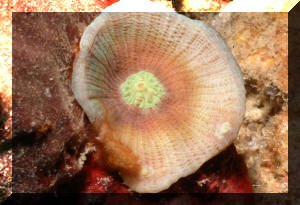
.JPG)
.JPG)
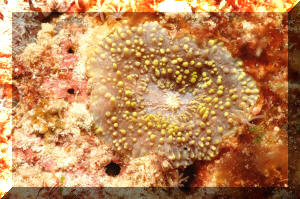
.JPG) 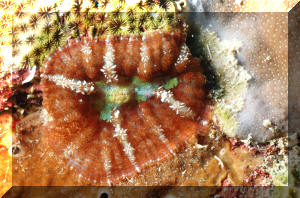
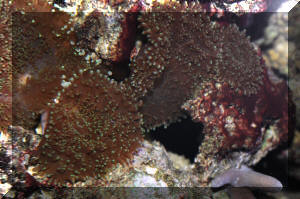
%20MD.JPG)
%20MD.JPG)
%20MD.JPG)
%20MD.JPG)
%20MD.JPG)
%20MD.JPG)
%20MD.JPG)
%20MD.JPG)
%20MD.JPG) |
Genus Paracorynactis:
|
Paracorynactis hoplites
(Haddon & Shackleton 1893). W. Indo-West Pacfic. Monotypic. Notable for
feeding on echinoderms, including the Crown of Thorns Starfish, that they
capture with their highly sticky tentacular ends (acrospheres). In a cave in Fiji.
https://en.wikipedia.org/wiki/Paracorynactis |
%20MD.JPG)
|
Genus Pseudocorynactis:
| Pseudocorynactis sp. This genus occurs in
larger sizes than Corynactis spp. (to about six inches
across) and have very sticky, stinging tentacles... able to catch
and hold fishes of good size... and consume them. |
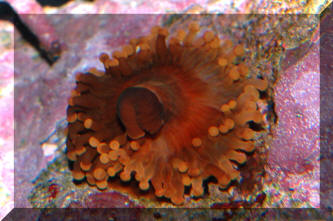
|
To: part 1, part 3
|
|

